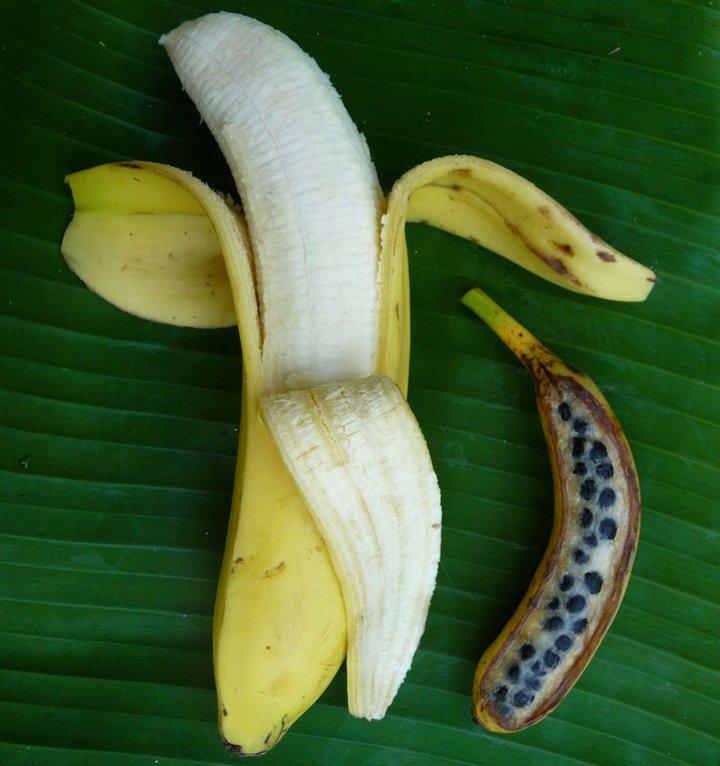Al Jazeera writes about the need to diversify banana production

In a recent Al Jazeera article, Dr Stephan Weise, Deputy Director General of Research at Bioversity, explains the need to diversify banana production as a fungal disease continues to devastate banana production around the world.
As announced on 9 March, 2014, Chiquita Brands International, one of the biggest producers and distributors of bananas in the world, plans to acquire Fyffes, its Irish competitor. Chiquita's large business is thriving on one variety of banana - Cavendish, that is susceptible to Tropical Race 4, a lethal fungus that could possibly destroy the world's banana supply.
Tropical race 4 is the name given to the strain of the soil-borne fungus Fusarium oxysporum f. sp. cubense that causes a lethal wilt disease (Fusarium wilt, better known as Panama disease) in Cavendish bananas in the tropics. Tropical Race 4 has already landed in Indonesia, Taiwan, Malaysia and Australia’s Northern Territory, where it has devastated commercial plantations. In China and the Philippines, large commercial growers have managed to keep ahead of the disease by establishing plantations in TR4-free areas. Recently, it has been reported in Mozambique and Jordan.
Al Jazeera interviewed Dr Stephan Weise, Deputy Director General of Research at Bioversity about this deadly fungus and what could happen if the world keeps consuming and producing only one variety of their favourite yellow fruit.
Dr Weise points out the need to diversify banana production as Tropical Race 4 continues to devastate banana production around the world.
"The production of different varieties that can resist disease, research about the banana genome and promotion of proper disease management and soil health practices are vitally important," Dr Weise says.
He highlights current work by Bioversity International with public and private partners in the Philippines to trial a Cavendish variety discovered in Taiwan which is showing resistance to the disease.
Read the Al Jazeera article here.
Photo: An edible and seedless Cavendish banana next to its ancestor, the wild species Musa acuminata. Different sub-species are believed to have contributed to this group of bananas. Credit: CIRAD/A.D'Hont. Courtesy Musarama
